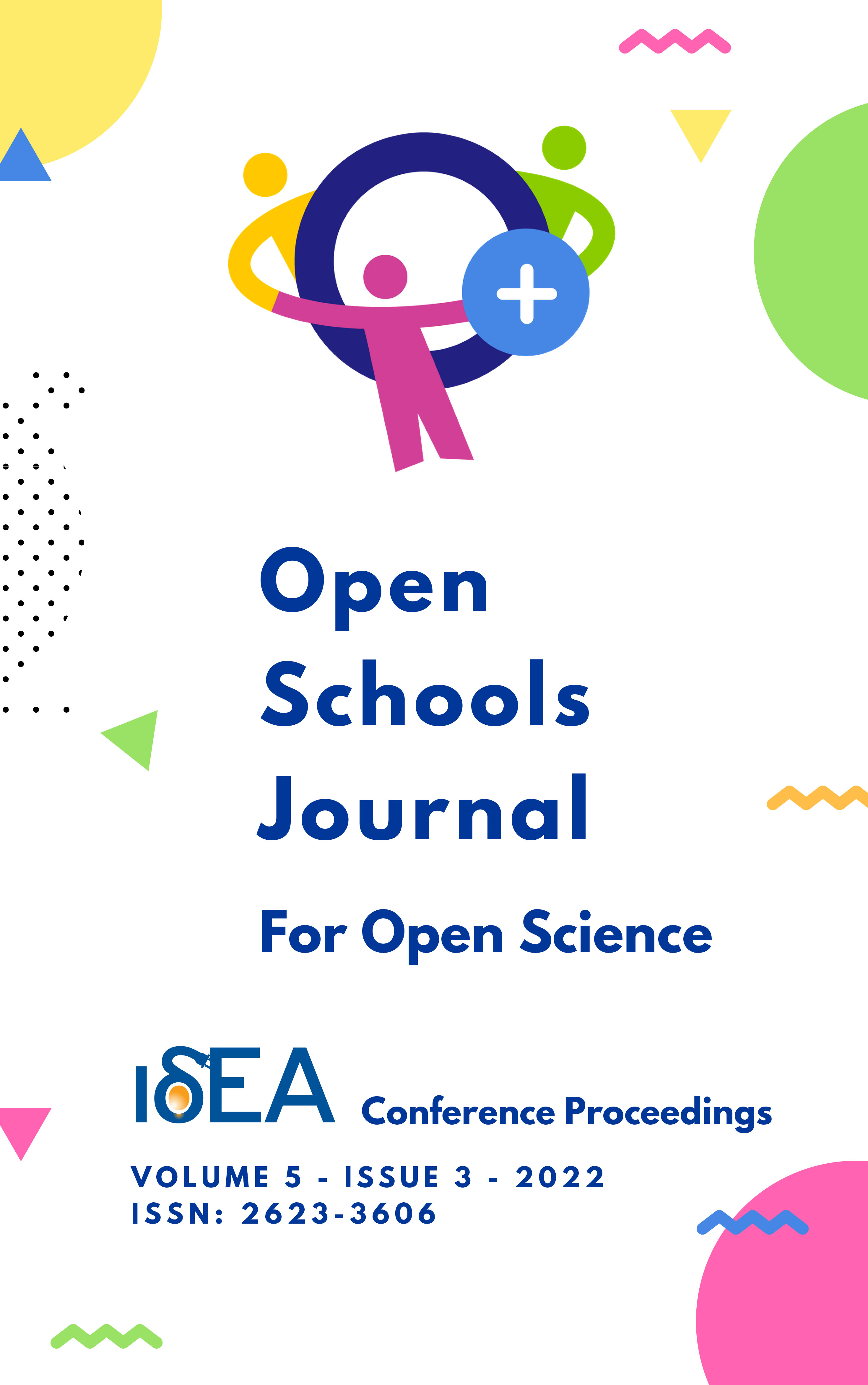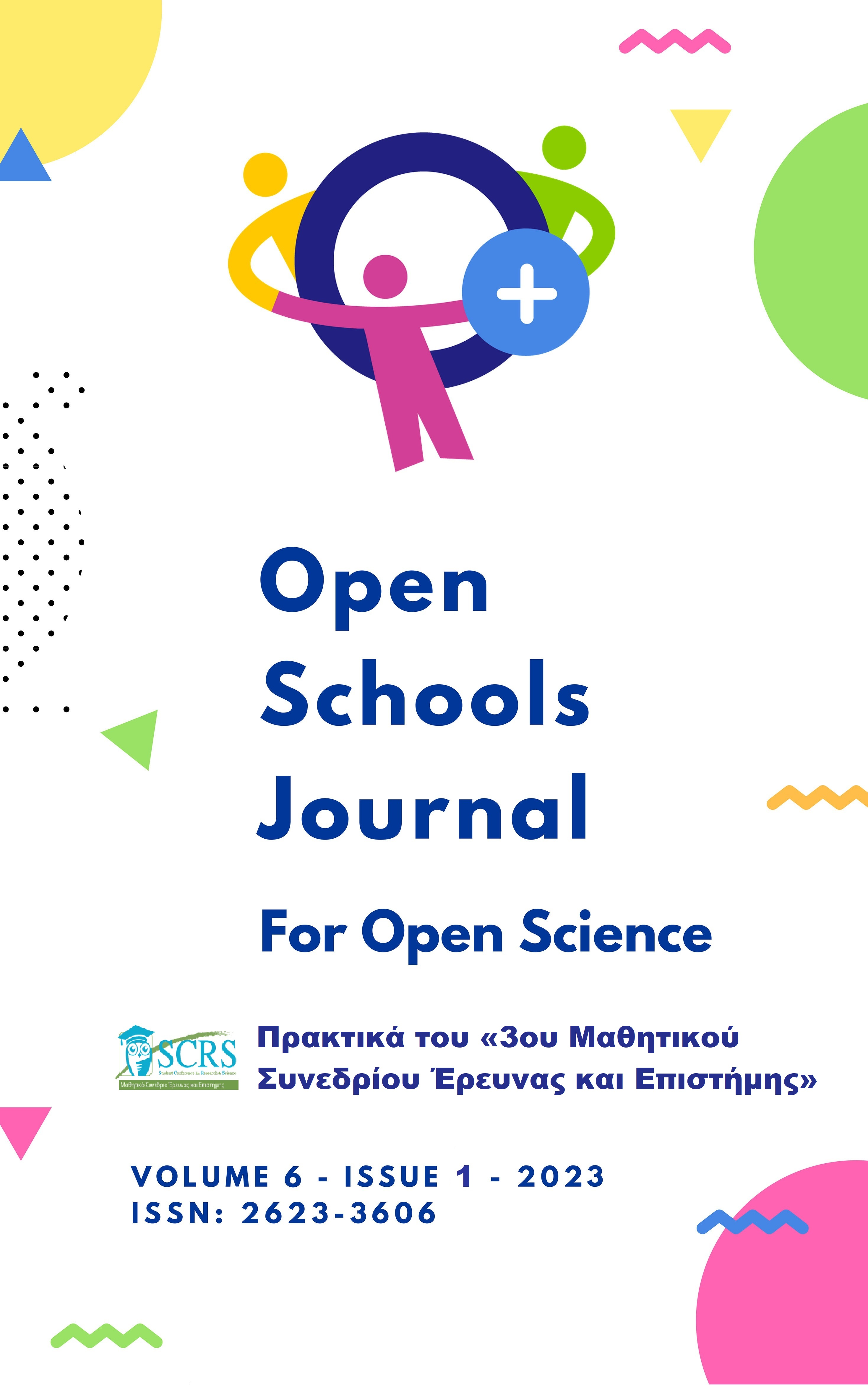ΤΑ ΜΙΚΡΟΠΛΑΣΤΙΚΑ ΣΤΗΝ ΖΩΗ ΜΑΣ
Abstract
Το πλαστικό έχει σε μεγάλο βαθμό κυριαρχήσει στην ζωή μας, καθώς φέρει εξαιρετικές ιδιότητες, που σε συνδυασμό με το χαμηλό του κόστος οδηγούν σε πλήθος χρήσεων. Ταυτόχρονα έχει υποβαθμίσει αισθητικά το περιβάλλον μας, ενώ αποτελεί αδιαμφισβήτητο κίνδυνο για πολλούς οργανισμούς, κυρίως θαλάσσιους. Στην παρούσα εργασία εστιάζουμε ειδικότερα στα «μικροπλαστικά», όρος που κυριάρχησε το 2004 και περιγράφει σφαιρίδια διαμέτρου περίπου 2-5 mm. Τα μικροπλαστικά έχουν υψηλή διαφυγή προς το περιβάλλον και αυξημένη επικινδυνότητα, καθώς εισέρχονται στην τροφική αλυσίδα, διεισδύουν στους οργανισμούς, δεσμεύουν και απελευθερώνουν τοξικές ουσίες. Είναι λοιπόν επιτακτική η ενημέρωση του ευρύτερου κοινού ως μέτρο πρόληψης, αλλά και η αναζήτηση μεθόδων διαχείρισης και αποικοδόμησης των μικρό – και όχι μόνο – πλαστικών, με σκοπό την ουσιαστική βελτίωση της ποιότητας της ζωής μας.
Article Details
- Come citare
-
Στρωματιά Χ. (2022). ΤΑ ΜΙΚΡΟΠΛΑΣΤΙΚΑ ΣΤΗΝ ΖΩΗ ΜΑΣ. Open Schools Journal for Open Science, 5(3). https://doi.org/10.12681/osj.32318
- Sezione
- Greece

Questo lavoro è fornito con la licenza Creative Commons Attribuzione - Non commerciale - Condividi allo stesso modo 4.0 Internazionale.
Authors who publish with this journal agree to the following terms:
Authors retain copyright and grant the journal right of first publication with the work simultaneously licensed under a Creative Commons Attribution licence that allows others to share the work with an acknowledgement of the work's authorship and initial publication in this journal.
Authors are able to enter into separate, additional contractual arrangements for the non-exclusive distribution of the journal's published version of the work (e.g. post it to a repository), with an acknowledgement of its initial publication in this journal.
Authors are permitted and encouraged to post their work online prior to and during the submission process, as it can lead to productive exchanges, as well as earlier and greater citation of published work (See The Effect of Open Access).




